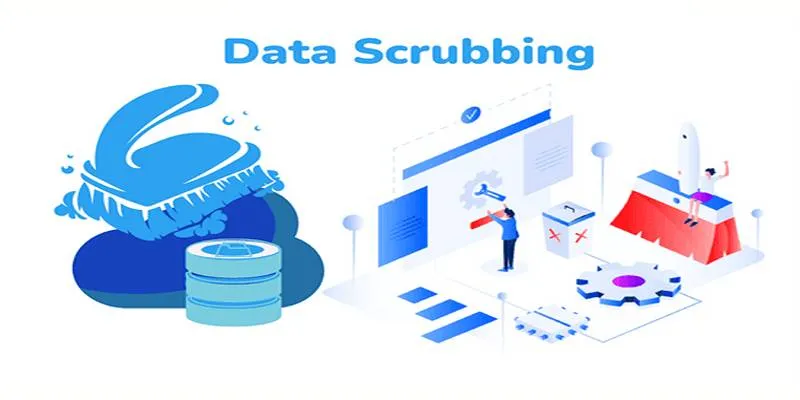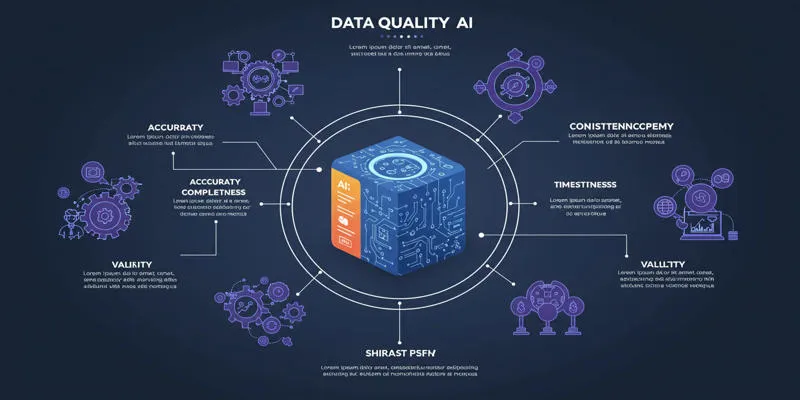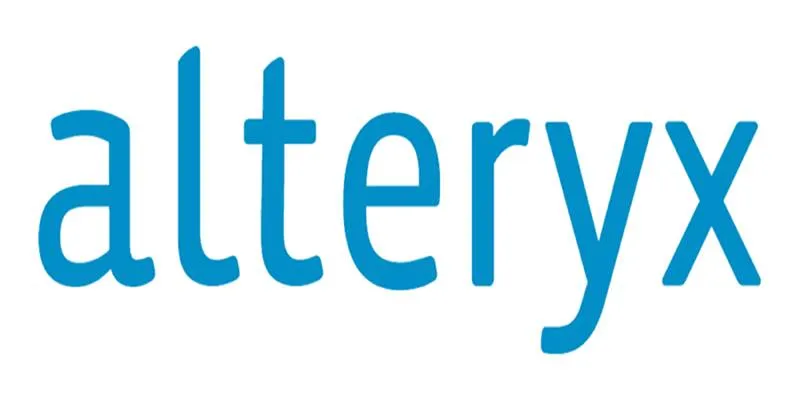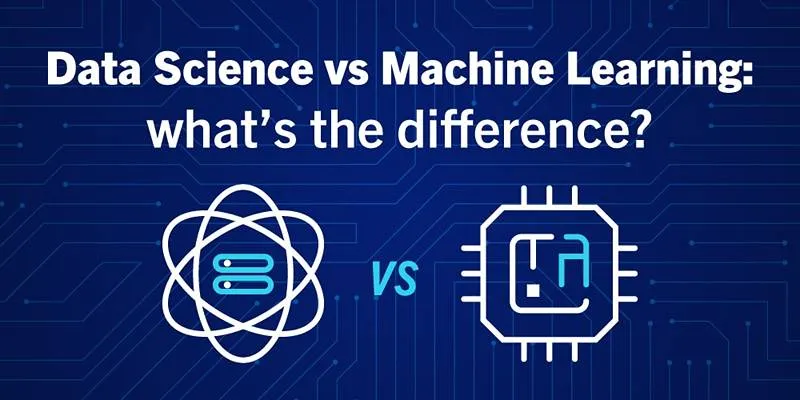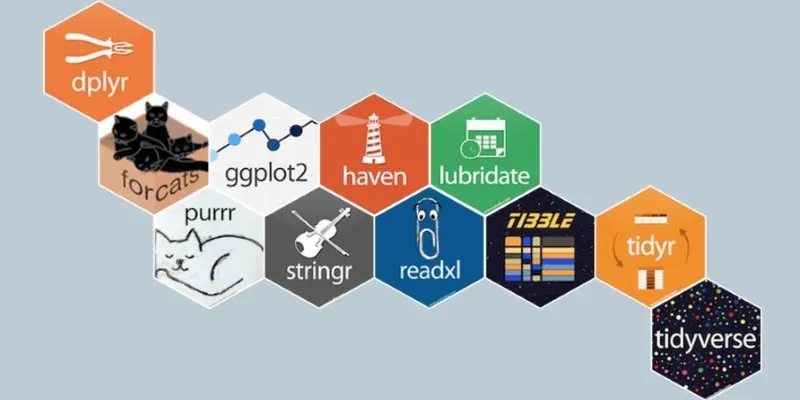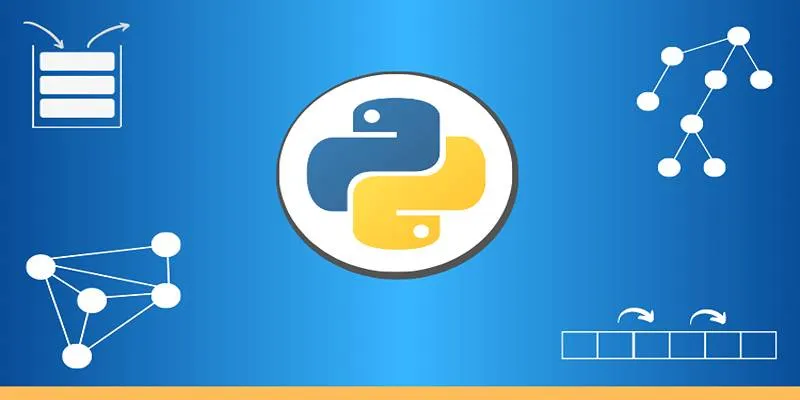The more data we collect, the more questions we end up having. And if you’re the one supposed to make sense of all those charts and columns, you’re going to need something stronger than guesswork. That’s where statistics steps in. Not the dry kind you skimmed through in college, but the kind that actually helps you figure out patterns, build models, and stop second-guessing your conclusions. If you’re in data science—or planning to be—solid stats knowledge isn’t optional. It’s essential. Below are ten books that don’t waste your time and actually help you understand how the numbers work.
10 Best Statistics Books for Data Science in 2025
1. Practical Statistics for Data Scientists (3rd Edition) by Peter Bruce
and Andrew Bruce
If you’re tired of books that bury concepts under ten layers of math, this one might feel like a breather. It’s designed for people who use data daily and don’t want to flip through dense theory every time they need a refresher. This book works through common data science tasks—A/B testing, regression, distributions—and ties each topic back to actual applications in Python and R. No fluff, just what you need.
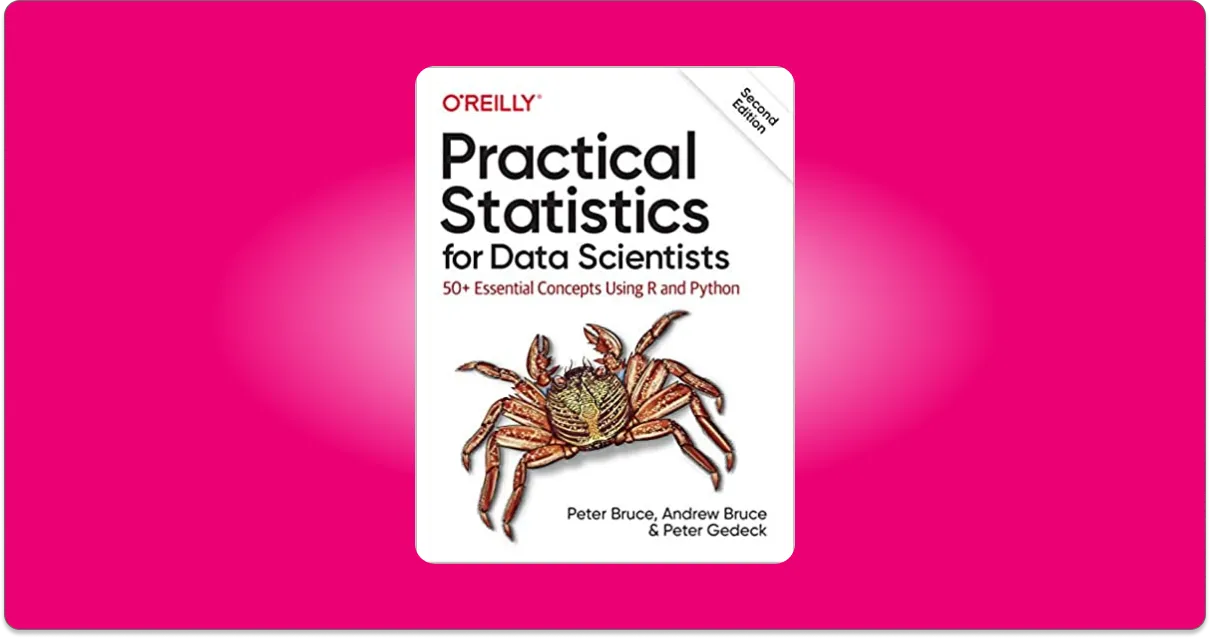
2. The Art of Statistics by David Spiegelhalter
Some books explain how to do statistics. This one explains why you’re doing it in the first place. Spiegelhalter strips things down to their core: understanding uncertainty and making informed decisions. It’s full of real examples, and instead of throwing equations at you, it walks you through how statistical thinking shows up in daily life. It’s a good one to read when you’re stuck staring at numbers and forgetting what the point is.
3. Think Stats by Allen B. Downey
If you like working with code instead of memorizing formulas, Think Stats is your kind of book. Downey teaches statistics through Python, using small datasets and simple programs. The best part? You learn by doing. It’s not one of those read-only books; you’re writing code, running experiments, and figuring things out on your own. It’s clean, straightforward, and actually sticks.
4. Statistical Rethinking by Richard McElreath
This one’s a bit different. Instead of the usual plug-and-play formulas, McElreath wants you to actually understand what’s going on behind Bayesian models. It’s written in a conversational tone and treats you like someone smart enough to handle real ideas. You’ll find R code throughout, but what keeps it interesting is the way it breaks down complicated models without turning them into a lecture. If you’re into machine learning and curious about probability modeling, this book is worth your time.
5. Naked Statistics by Charles Wheelan
Here’s the deal: this isn’t a data science textbook. But it might be the book that makes statistics finally make sense to you. Wheelan writes like someone explaining stats to a curious friend over coffee. There are no exercises or technical deep dives. Just stories, logic, and a healthy dose of humor. Perfect for anyone who wants to sharpen their statistical thinking without wading through software documentation.
6. Introduction to Statistical Learning (with Applications in R) by
Gareth James, Daniela Witten, Trevor Hastie, and Robert Tibshirani
This one gets recommended a lot—and for good reason. It hits the sweet spot between theory and application. You’ll learn linear regression, classification, resampling, and more. The authors keep it readable, and the R labs that come with it are surprisingly useful. If you want a book that feels academic but still practical, this fits. Just be ready to spend time with it. It’s not something you skim.
7. Bayesian Methods for Hackers by Cameron Davidson-Pilon
The name’s catchy, but the book delivers. It teaches Bayesian inference using Python and real-world problems. You’ll work through projects like predicting text or modeling web traffic. What makes it different is how much it relies on intuition and visualization. Davidson-Pilon is more interested in making you get Bayesian thinking than in making you memorize formulas. If you’ve been meaning to learn Bayesian stats and like the idea of hacking your way through it, this is a solid place to start.
8. All of Statistics: A Concise Course in Statistical Inference by Larry
Wasserman
If you’ve got a background in math and want a book that doesn’t talk down to you, Wasserman’s writing might suit you. It’s short, tight, and focused on inference. The pace is quick—so this isn’t for beginners—but if you already know the basics and want something that covers a lot of ground in a short time, you’ll probably appreciate how direct it is. It’s a book meant to be studied, not just read.
9. Data Science for Business by Foster Provost and Tom Fawcett
Technically, this isn’t a pure statistics book. But it belongs here because it teaches you how to think statistically about data in a business context. Concepts like data-driven decision-making, predictive modeling, and evaluation metrics are covered in a way that doesn’t feel like a lecture. It’s the kind of book that helps you connect the dots between theory and what companies actually do with data.
10. Statistics Done Wrong by Alex Reinhart
Most people don’t mess up stats because they’re bad at math—they mess up because no one told them what not to do. That’s what this book is about. It shows you the common mistakes people make when analyzing data, from p-hacking to misinterpreting confidence intervals. Reinhart doesn’t try to impress you with big words. He just points out where things often go off track and how to avoid doing the same.
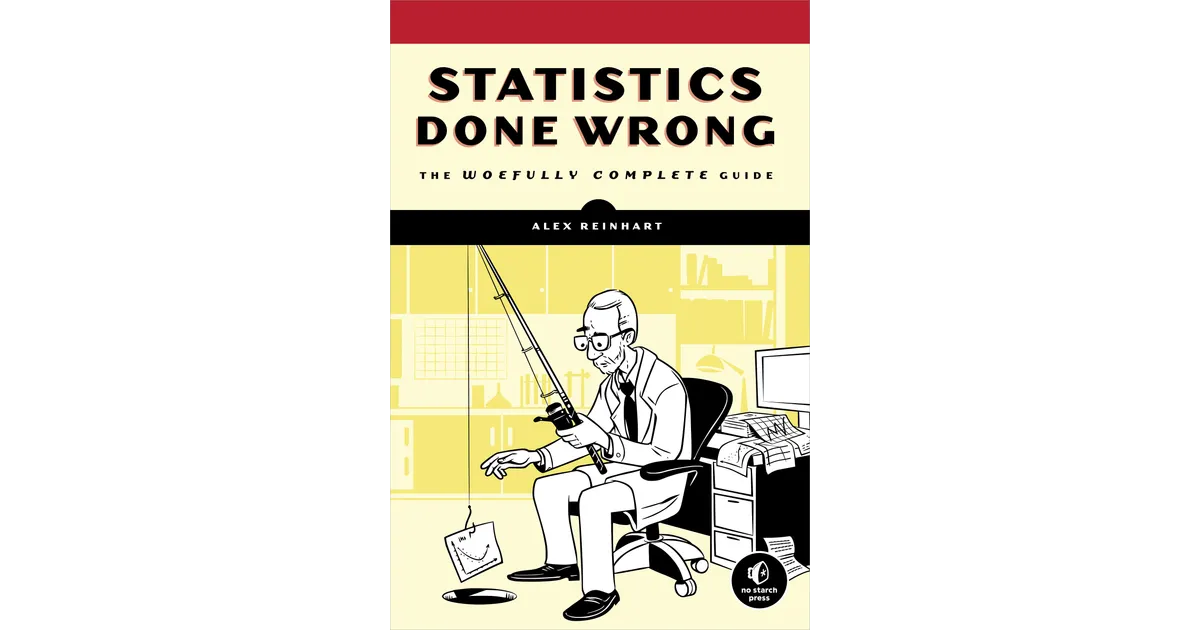
Which One Should You Start With?
Depends on your goal. If you’re just starting and want something light, Naked Statistics or Think Stats might be easier to digest. Want to dig into practical modeling with code? Practical Statistics for Data Scientists or Bayesian Methods for Hackers would be a better fit. Looking to build a solid academic foundation? ISLR or All of Statistics won’t disappoint. The main thing is not to get overwhelmed. These books aren’t going anywhere, and there’s no prize for reading them all at once. Pick one, see if it helps you think better, and move forward from there.
 zfn9
zfn9



